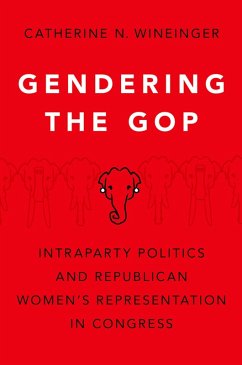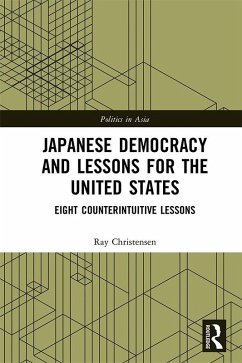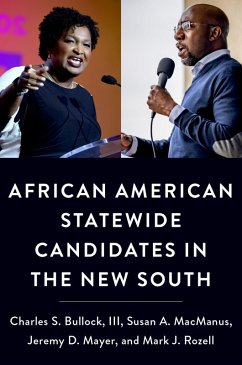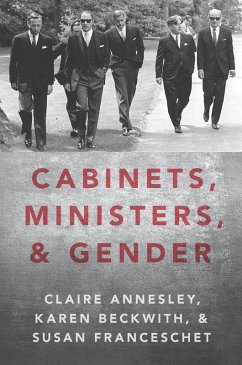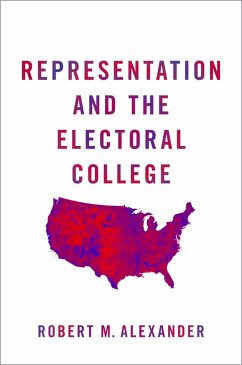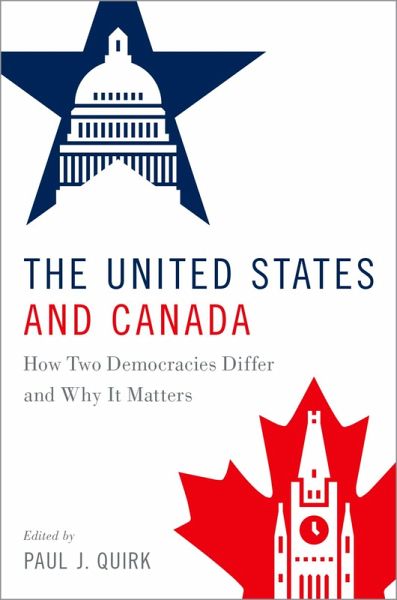
The United States and Canada (eBook, ePUB)
How Two Democracies Differ and Why It Matters
Redaktion: Quirk, Paul J.
Versandkostenfrei!
Sofort per Download lieferbar
25,95 €
inkl. MwSt.
Weitere Ausgaben:

PAYBACK Punkte
13 °P sammeln!
The United States and Canada share the longest border in the world, maintain one of the closest alliances, and are notably similar in many ways. Yet the two countries also have important differences, including sharply contrasting political institutions. In The United States and Canada, Paul J. Quirk has gathered a distinguished cast of contributors to present an integrated comparative examination of the political systems of the United States and Canada-with special attention to the effects of political institutions and their interaction with political values, geographic and demographic factors...
The United States and Canada share the longest border in the world, maintain one of the closest alliances, and are notably similar in many ways. Yet the two countries also have important differences, including sharply contrasting political institutions. In The United States and Canada, Paul J. Quirk has gathered a distinguished cast of contributors to present an integrated comparative examination of the political systems of the United States and Canada-with special attention to the effects of political institutions and their interaction with political values, geographic and demographic factors, and other influences. The volume explores the differences between the American presidential (or separation-of-powers) system and the Canadian parliamentary system-focusing on electoral and party systems, executive leadership and the legislative process, bureaucratic influence, and federalism. It proceeds to examine patterns of governance in a wide range of issue areas: economic policy; climate-change policy; healthcare policy; civil rights/integration and immigration; and abortion and gay rights. A sweeping comparative account, this volume serves as an authoritative guide for anyone interested in why the two countries differ and where they might be headed.
Dieser Download kann aus rechtlichen Gründen nur mit Rechnungsadresse in A, B, BG, CY, CZ, D, DK, EW, E, FIN, F, GR, HR, H, IRL, I, LT, L, LR, M, NL, PL, P, R, S, SLO, SK ausgeliefert werden.




